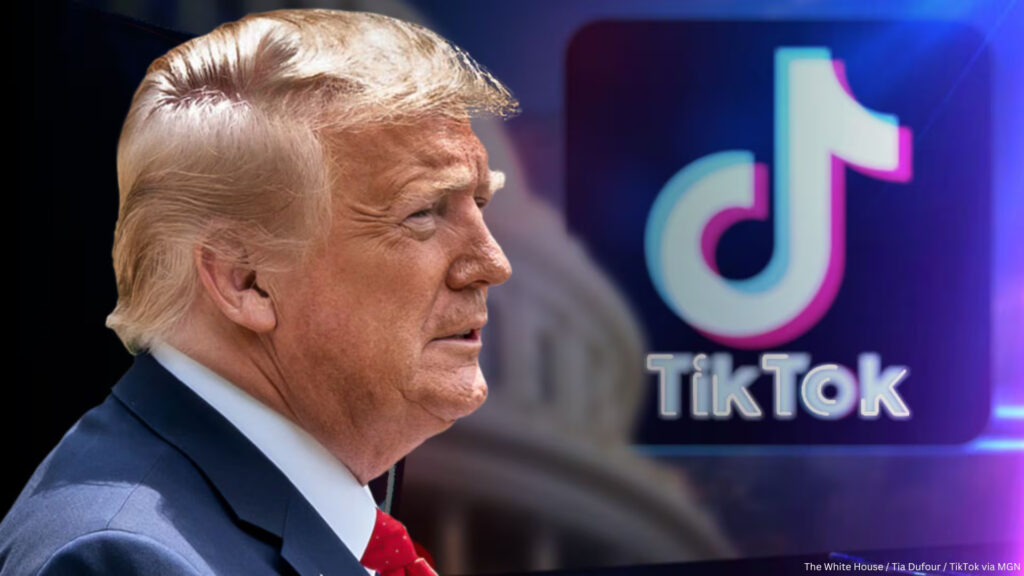President-elect Donald Trump requested the Supreme Court on Friday to delay the enforcement of a TikTok ban, allowing his incoming administration time to seek a “political resolution” to the matter.

The appeal comes as TikTok and the Biden administration submitted opposing legal briefs regarding a law that could mandate TikTok’s divestment from its Chinese parent company ByteDance by January 19. TikTok argued the statute violates the First Amendment, while the administration emphasized its stance that the measure is necessary to mitigate national security risks.
“President Trump takes no position on the underlying merits of this dispute. Instead, he respectfully requests that the Court consider staying the Act’s deadline for divestment of January 19, 2025, while it considers the merits of this case,” said Trump’s amicus brief, authored by D. John Sauer, the incoming solicitor general.
The filing is the latest instance of Trump inserting himself into national policy debates before taking office. Recently, he has negotiated tariff strategies with foreign nations and influenced discussions on federal government funding, sending Republicans back to the negotiating table over a bipartisan plan.
Trump has also been holding high-profile meetings with foreign leaders and business executives at his Mar-a-Lago residence in Florida, including TikTok CEO Shou Chew.
During his first term, Trump attempted to ban TikTok over national security concerns. However, during his 2024 presidential campaign, he embraced the platform, using it to engage younger voters through viral content. Despite his current opposition to an outright ban, Trump maintains that the app presents potential security risks.
The filings come ahead of Supreme Court oral arguments scheduled for January 10 to address whether the TikTok divestment requirement unlawfully restricts speech under the First Amendment. The statute, signed into law by President Joe Biden in April following bipartisan approval in Congress, has faced legal challenges from TikTok and ByteDance.
Earlier this month, the U.S. Court of Appeals for the District of Columbia Circuit upheld the law, prompting TikTok’s appeal to the Supreme Court.
TikTok’s legal team argued Friday that the appeals court ruling relied on speculative risks of Chinese influence over its U.S. operations. In contrast, the Biden administration’s brief highlighted concerns that ByteDance’s ownership structure could enable Chinese authorities to access user data or manipulate content on the platform.
The administration acknowledged no evidence exists that China has exploited TikTok for espionage or propaganda but asserted that potential risks justify regulatory action. TikTok countered, stating the government’s concerns are based on hypothetical scenarios rather than proven threats.
Trump’s brief emphasized his preference for addressing TikTok-related issues through political negotiation once he assumes office.



